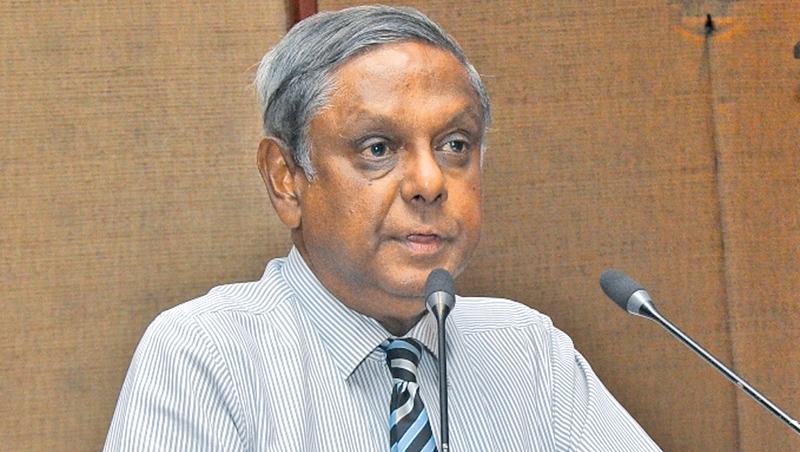
State Minister of Science, Technology and Research Susil Premjayantha said that according to expert evidence presented by Prof. Ravindra Fernando there is no adverse health effects from the use of white Chrysotile asbestos roofing tiles in the country.
Prof. Fernando is Chairman of the National Dangerous Drug Control Board (NDDCB). Speaking at a forum to present the findings of two studies conducted by the National Building Research Organization (NBRO) and the University of Moratuwa on Chrysotile roofing products the State minister said a delegation comprising experts from ministries and institutions will conduct a study in Russia and thereafter, the findings will be presented to the Minister of Environment for deliberation.
He said that the clay tile industry is fading as more households are using asbestos roofing sheets. According to the State minister over 1.8 million houses use asbestos roofing sheets.
Industry experts said the Chrysotile roofing sheets are used in over 150 countries which have banned the use of blue and brown Amphibole roofing tiles found to be hazardous to health.
Experts said up to now there hasn’t been a single asbestos related health affected case in Sri Lanka and they said there is no concrete evidence to prove that the white roofing sheet has serious health hazards.
Prof. Fernando said that the latest scientific evidence published internationally, strongly supports that Chrysotile is less hazardous than Amphibole forms of asbestos which are not imported to Sri Lanka. Therefore, Sri Lanka should not ban the use of Chrysotile asbestos.
“No country has come out with scientific proof that Chrysotile roofing sheets are directly responsible for cancer or other health issues,” an industry expert said.
India, Thailand, Indonesia lifted the ban on the white tiles following studies that have proved it is not injurious to health. Sri Lanka does not import the blue or brown asbestos.
According to Senior Scientist, Environmental Studies and Service Division, NBRO H.D.S. Premasiri, all exposure levels of Chrysotile fibres in the studies are much below internationally recognized safety threshold limit of 0.1 fibre per cubic centimeter recommended by the Occupational Safety and Health Administration (OSHA) standard.
The roofing tile industry which has been in existence for over five decades provides direct employment to around 4,400 workers while around 37,800 are indirectly benefited from the industry.
Chrysotile Information Centre Director Sunil Amarawansa said that all four Chrysotile roofing sheet manufacturers in Sri Lanka adopt safety measures to minimize the risk of airborne exposure.
The first study carried out by NBRO reviewed conditions in the working and general environment focusing on manufacturing, construction and demolition sites and houses.
The second study conducted by the University of Moratuwa involves a comprehensive and comparative analysis of Chrysotile fibre cement sheets and the proposed alternative roofing sheets.
Industry experts said if the ban on Chrysotiles comes into force, a large number of workers will lose their jobs and their dependents will be in dire straits.
